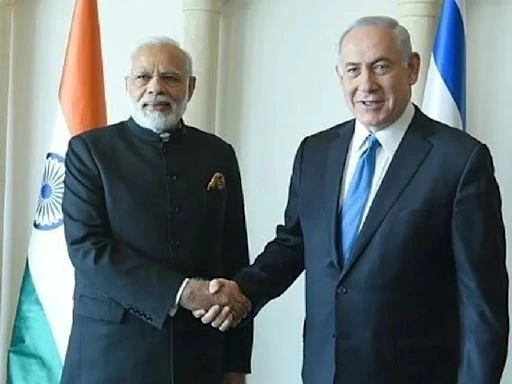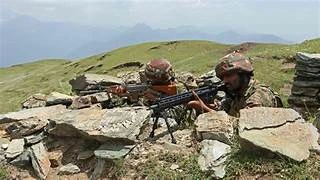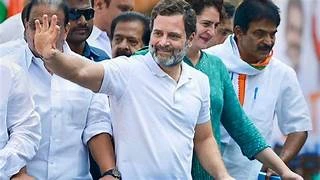17-Oct-2024, 02:11 PM
Tejashwi Yadav, the Leader of the Opposition in Bihar and prominent member of the Rashtriya Janata Dal (RJD), has launched a scathing critique of the Nitish Kumar-led government following a series of violent incidents, including the recent murders of local leaders.
Yadav’s comments come in the wake of rising crime rates and deteriorating law and order in the state, which he attributes to what he describes as “unprincipled politics” by the ruling coalition.In a pointed statement, Yadav condemned the government’s inaction regarding the alarming spike in violence, particularly highlighting the murder of ward councillor Pankaj Kumar.
He accused Chief Minister Nitish Kumar and his administration of failing to protect citizens, allowing criminals to operate with impunity. Yadav stated, “The CM and his kitchen cabinet are pioneers of unprincipled politics,” implying that their governance is marked by opportunism rather than genuine concern for public safety.
Yadav’s criticism extends beyond individual incidents; he has consistently pointed to systemic issues within Bihar’s governance. He emphasized that under Kumar’s leadership, Bihar has ranked poorly in various socio-economic indicators, including poverty eradication and education quality. Citing a NITI Aayog report, he noted that Bihar is at the bottom of the sustainable development goal index, raising questions about the effectiveness of the current administration.
During his remarks, Yadav listed numerous criminal incidents that have occurred recently, framing them as evidence of a government that has lost control. He described these events as “miraculous achievements” of the Bihar government, sarcastically underscoring his belief that instead of progress, the state is facing a crisis of governance. His rhetoric aims to galvanize public sentiment against the ruling coalition, which he accuses of neglecting its responsibilities while prioritizing political survival.
In response to Yadav’s allegations, representatives from Kumar’s Janata Dal (United) have defended their record, claiming that substantial progress has been made in various sectors. They argue that crime rates have decreased and that initiatives are underway to improve employment opportunities.
As Bihar approaches its next elections, Yadav’s criticisms are likely to resonate with constituents frustrated by ongoing violence and economic challenges. His call for accountability from Kumar’s government reflects a broader demand for change among voters who feel increasingly disillusioned with their leadership. The political landscape in Bihar remains charged as both sides prepare for an intense electoral battle over issues of governance and public safety.





